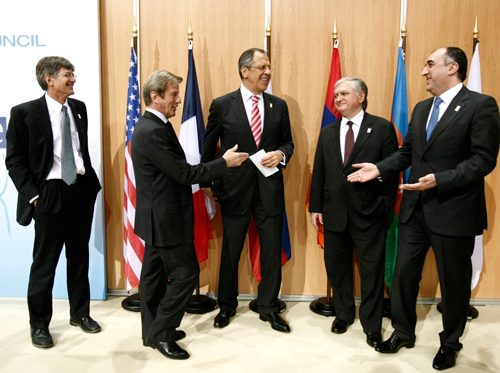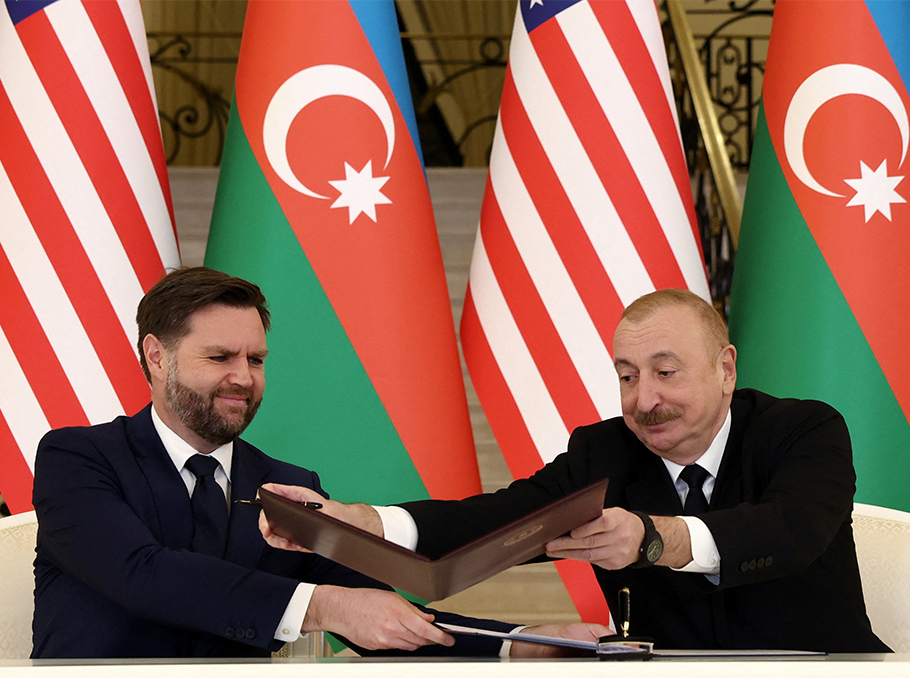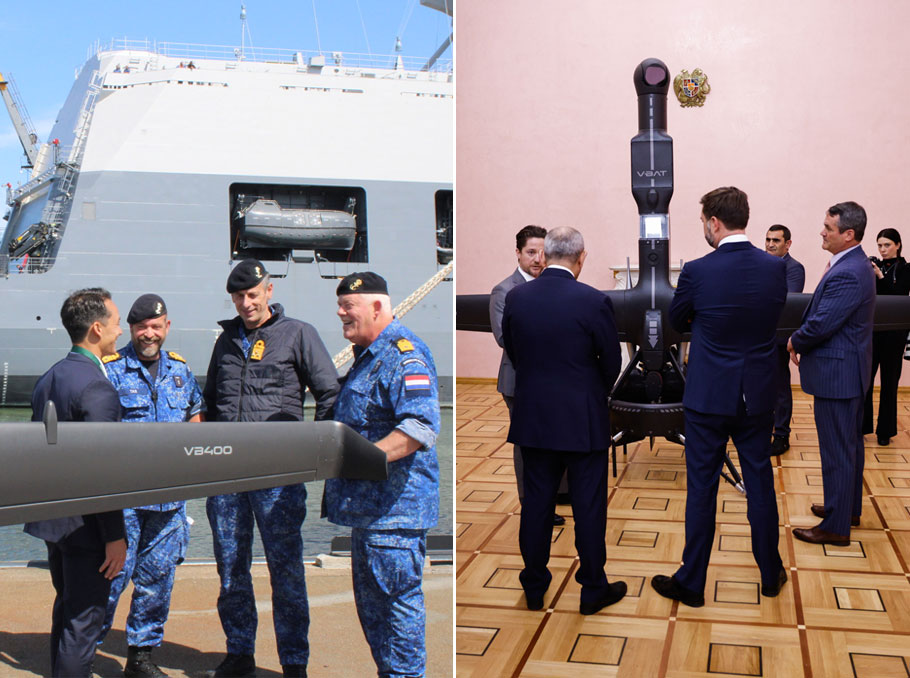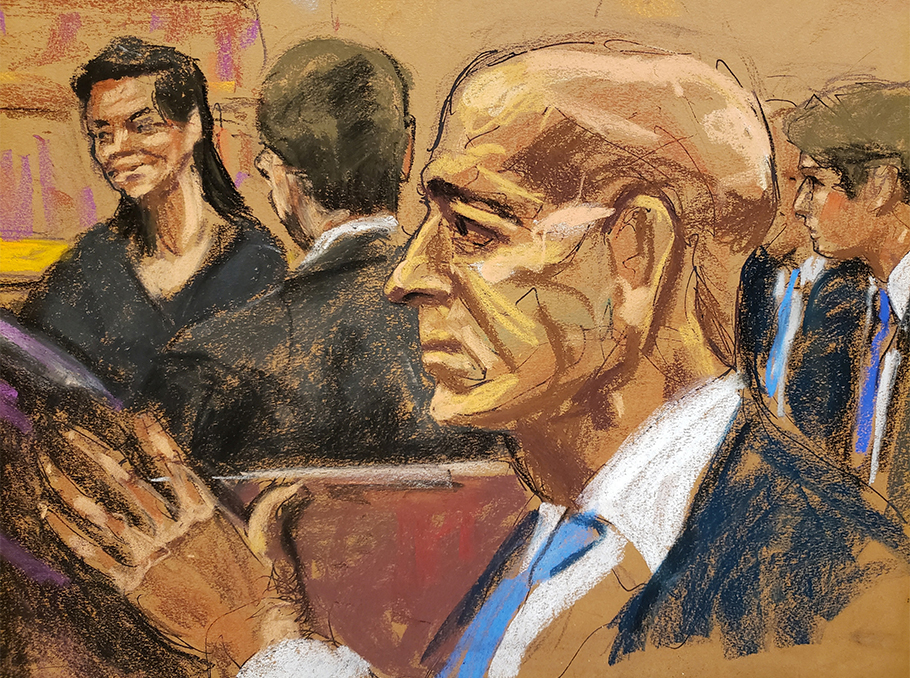Announcing the forthcoming meeting between Presidents of Armenia and Azerbaijan, to be held on June 20, Russian President’s aide Yuri Ushakov said, “We will continue our mediatory role based on the principles that were suggested in the statements of Russian, U.S. and French Presidents during 2009-2013”. We decided to tell about the aforementioned principles in this issue of Key section.
1. What are these principles and elements?
Delivering a speech at a press conference on January 14, 2011 in Yerevan, Armenian FM Edward Nalbandian named the three principles of settlement:
- non-use of force and threats to use force;
- right for self-determination;
- territorial integrity.
He also presented the six elements, introduced to the parties by the mediators:
1. The final status of Nagorno-Karabakh (NK) should be determined by means of NK population’s will expression, the results of which will have international legal effect;
2. Before determination of the final status of NK, there will be an interim status, recognized by the international community;
3. Land communication should be provided between Armenia and Nagorno-Karabakh;
4. Return of all refugees and displaced people after provision of international guarantees of security;
5. Provision of international guarantees of security, including deployment of international peacekeepers;
6. Return of territories.
Edward Nalbandian noticed that the last element does not concretize any specific territories.
In January of the same year, Armenian Foreign Minister said in the interview to Russia Today TV channel:
“Negotiations are held on the basis of Madrid Principles introduced to the parties in November 2007. Six main principles were chosen and voiced by Presidents Medvedev, Obama and Sarkozy in the statements on Nagorno-Karabakh, which were accepted in L'Aquila and Muskoka in the framework of G8 summits.”
The parties were expected to commit the six elements at the meeting between Presidents of Armenia, Azerbaijan and Russia in June 2011 in Kazan, but that did not happen. Armenia stated that the reason was Azerbaijan’s refusal.
2. What was before the Madrid Principles?
In early June 2006, OSCE Minsk Group Co-Chairs made a statement, disclosing certain details of the proposed settlement. The statement in particular said:
“The principles are based on the redeployment of Armenian troops from Azerbaijani territories around Nagorno-Karabakh, with special modalities for Kelbajar and Lachin districts (including a corridor between Armenia and Nagorno-Karabakh), demilitarization of those territories, and a referendum or population vote -- at a date and in a manner to be decided through further negotiations -- to determine the final legal status of Nagorno-Karabakh.”
At that time, mediators were trying to achieve progress in negotiations before the G8 Summit, and many viewed this statement as an attempt to press the parties.
A few days prior, on June 26, 2006, Armenian MFA stated that Presidents of Armenia and Azerbaijan had already agreed upon the issue of referendum in Nagorno-Karabakh. The Armenian MFA statement claimed that “disagreements found during negotiations do not concern the referendum vote, this issue is already agreed upon by the Presidents”.
“The disagreements concern the sequence of damage control,” read the statement.
The U.S. Minsk Group Co-Chair Matthew Bryza in fact confirmed this statement of Armenian MFA, saying in the interview to RFE/RL in summer 2006, “ Armenians won’t pull back their troops unless they get something for it.”
“Would an Armenian troop pull-out reduce tension? Well, sure as hell it would. That’s why it’s a core element of our core principles. But the Armenians aren’t just going to pull back the troops because we say, “that would help reduce tension.” They’ll do it if they get something for it and that’s precisely what these core principles are all about,” the American mediator said then.
3. What did Azerbaijan say about referendum in Nagorno-Karabakh?
In recent years, Azerbaijan rarely makes specific comments on the principles and elements of the settlement, mostly stating that territorial integrity of the country cannot be subject to negotiations. However, there used to be a different attitude.
Here is an extract from Azerbaijani FM Elmar Mammadyarov’s exclusive interview to Mediamax, given in March 2011:
- In the beginning of 2010, Azerbaijani President stated that the Armenian side had violated the agreements reached earlier, demanding to assign the date for holding the referendum/voting concerning the status of Nagorno-Karabakh. Don’t you think that this very approach, when each of the sides interprets the details of the referendum/voting their own way, is one of the most important stumbling blocks in the negotiation process? And why isn’t Baku comfortable with the definition and assignment of clear substantial and time parameters of the referendum/voting?
- Timeframes for voting will complicate the situation. It is necessary to carry out huge preparation works, break the ice in interrelations, reestablish confidence, return the population, and create conditions for their safe habitation together. One should not hold voting at gun point and under pressure. Any hurry in order to preserve timeframes in such sensitive and fragile issues can aggravate the situation even more and make all the efforts on peaceful settlement null and void.
4. What did the mediators say about the principles and elements?
The U.S. mediator James Warlick said in the interview to Mediamax in February 2015:
“There are 3 principles and 6 elements and we refer to them. This will be the basis for the negotiated settlement. Both sides know this. It’s what we talk about when we meet. We use some shorthand when we talk about these issues – we say “comprehensive settlement” or “comprehensive negotiations.” And maybe people ask, what does that mean? Well, that is exactly what it means. And you hear how Baku call for comprehensive negotiations and the Co-Chairs use the same term. But we mean that you cannot single out one principle or one element and expect that that is going to be the basis for the settlement.
What is remarkable here is that the sides actually are very close. Both sides have recognized that the basis for a settlement is 3 principles and 6 elements. Of course there are details that we need to work through, but that is what we want to do. So there’s really no contradiction. Despite some public rhetoric which single out one element or one principle - and that happens on both sides - despite that, the Presidents and the leadership in both countries understands that the basis for a settlement is this comprehensive approach.”
5. Is there a “Lavrov’s Document”?
Rumors about the so-called “Lavrov’s Document” began circulating in late 2015 - early 2016.
Russian Foreign Minister Sergey Lavrov himself stated on January 26, 2016:
“There is no “Lavrov’s document”. There is a whole bunch of documents - around 5 - which were drafted by the Co-Chairs in various phases of talks as far as the key principles of settlement were concerned as the first step, and only then, based on the principles, the peaceful agreement of legally binding character was to be worked out. Various drafts of the document which evolved since 2007 were deposited by the Co-Chairs to the OSCE Secretary General, and in this deposited format are they kept in the safes of the organization. These are the only papers which could be called documents given the fact that none of them led to the practical resolution to all the components of the NK situation, and the undertaken works are based on the principle of “nothing is agreed upon until everything is agreed”.
Most likely, what was called “Lavrov’s Document” was yet another modified version of the known six elements. However, we should understand that in current situation even seemingly insignificant modification can change the entire logic of the settlement.























